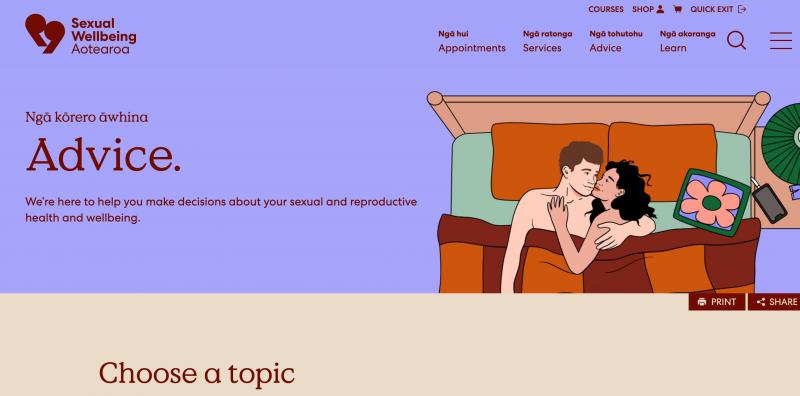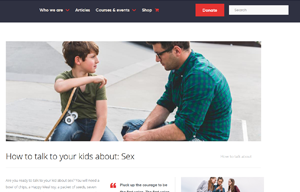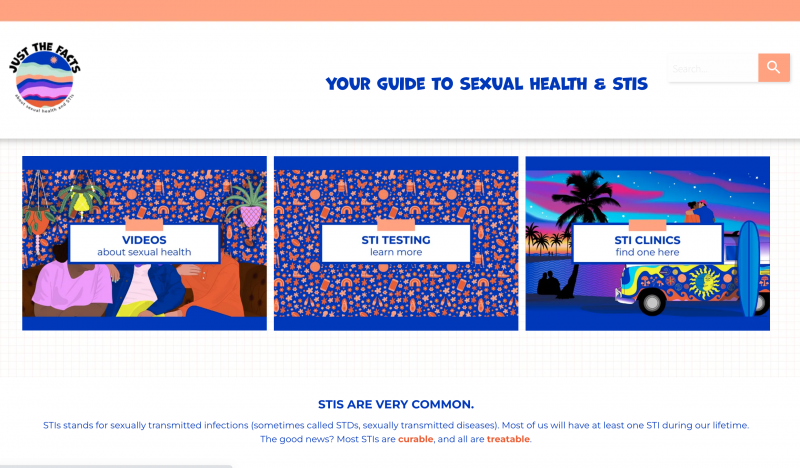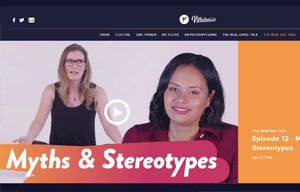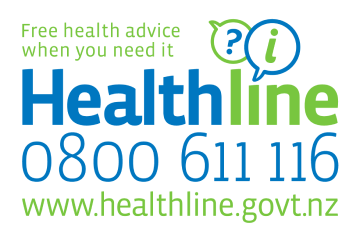How To Talk To Your Child About Sex
How To Talk To Your Child About Sex
Talking with your child about sex can be difficult but it's important. If you want to be involved in shaping your child's ideas and attitudes about sex, start these conversations early.
Key points about how to talk to your child about sex
- if you want to be involved in shaping your child's ideas and attitudes about sex, start these conversations early
- it's OK to feel nervous about talking to your child about sex
- treat the conversation with care and make sure you let them have their say – even if you disagree with something, or something they say takes you by surprise
- try to have lots of little talks, instead of just one big talk when they are a teen
- more and more rangatahi (young people) are also learning about sex from pornography
- many rangatahi say they are doing this because adults are too embarrassed to answer their questions about sex
- gender stereotypes can be harmful - discuss with your teen that there is no type of ‘role’ they have to play in relationships or during sex.
- if your child wants to talk about sex - but not with you, you could try asking a trusted adult relative or friend to talk to them instead
You can also check some advice about how to talk to and support your teenager around pornography
What resources are available to help me talk to young people about sex?
Having 'the sex talk' with your young person is always going to be a bit awkward. But if you want to be involved in shaping your child's ideas and attitudes about sex, start these conversations early. Below are some resources that can help you to start a conversation with your young person about sex.
Sexual Wellbeing Aotearoa (previously Family Planning)
The Sexual Wellbeing Aotearoa website has information for parents, caregivers and whānau wanting to talk to their tamariki and rangatahi about relationships, sexuality, bodies, and other related topics. Find guidance, information, and tips on how to start conversations, respond to curious questions, and increase your confidence and knowledge to talk about these topics with your young person.
See information for parents and whānau at Sexual Wellbeing Aotearoa.
Sexual Wellbeing Aotearoa also has advice about sexual and reproductive health and wellbeing.
Parenting Place
The Parenting Place website has some useful suggestions on how to start a conversation about sex.
They say: "You may not have learned about sex until your early teens yourself and that is because information was far less accessible when you were growing up. All you had was the dictionary's definition of sex and that one puberty lesson with the oldest teacher at your school. This generation has so much access to information that if you want to be involved in shaping your child's ideas and attitudes about sex, start these conversations early."
See:
JUST THE FACTS
JUST THE FACTS is a website created by the Sexually Transmitted Infections Education Foundation (STIEF) - an initiative funded by Te Whatu Ora - Health NZ to educate New Zealanders about sexually transmitted infections (STIs).
See:
- just the facts on STIs
- what is safer sex
- just the facts on condoms
- virginity and the hymen myth
- links for advice and support
- videos
- looking after your anus
- worried about pregnancy and STIs
The REAL Sex Talk - Villainesse
The Real Sex Talk is a 12-part web series designed to educate Kiwi teenagers about sex in an approachable, yet informative way. Local medical experts feature in each episode, providing practical advice and information that answers many of the questions that Kiwi youth have when it comes to sex, sexual health, relationships and identity. Rape Prevention Education, Sexual Wellbeing Aotearoa and RainbowYOUTH have all been consulted on the series and support the project.
See:
The Light Project
The Light Project is a project that was set up in response to the changing online porn landscape. It was created in response to an absence of any information, support or resources for rangatahi in Aotearoa. The project aims to help equip youth, their whānau and communities to build porn literacy and positively navigate the new porn landscape.
There are lots of great resources and tips on how to talk to tamariki and rangatahi about pornography
See:
This page last reviewed 15 May 2023.
Do you have any feedback for KidsHealth?
If you have any feedback about the KidsHealth website, or have a suggestion for new content, please get in touch with us.
Email us now